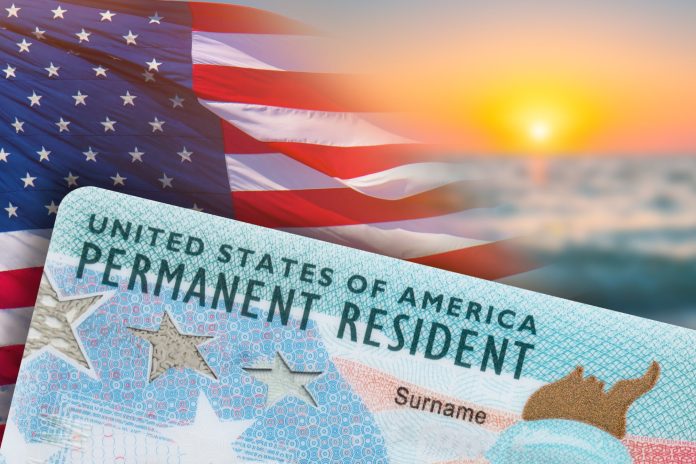The Trump administration has proposed a new immigration policy that would allow officers to deny permanent residency to legally present immigrants in the United States if they rely on public assistance programmes such as Medicaid, food aid, or housing support.
The move marks a major shift from the Biden administration’s approach. The earlier “public charge” rule, which was implemented during Donald Trump’s first term, was halted in 2021 and formally rescinded in 2022. The new proposal, announced on Monday by the US Department of Homeland Security (DHS), seeks to repeal Biden’s 2022 rule but stops short of reinstating the old Trump-era version.
Instead, the US Citizenship and Immigration Services (USCIS) says it will issue fresh guidance at a later date, effectively giving immigration officers wider discretion to determine whether an applicant is — or could become — a “public charge.”
Under long-standing US law, immigrants deemed a burden on taxpayers can be denied residency. However, the Trump administration was the first to classify public health insurance as a form of welfare, significantly expanding the scope of who could be affected.
The DHS will accept public comments on the policy change for the next 30 days before making a final decision.
Health policy experts and immigrant rights groups have raised serious concerns, warning that the proposal could increase pressure on already strained hospitals if immigrants avoid preventive care due to fears over their immigration status. They also say the restrictions could worsen the spread of infectious diseases and make chronic health conditions harder to manage.
“Immigrants don’t live in isolation,” said Adriana Cadena, executive director of Protecting Immigrant Families. “Out of fear of jeopardising their immigration status, they’re avoiding public benefits. We are already seeing a drop in patients attending appointments.”
During Trump’s first term, the administration estimated annual savings of nearly USD 9 billion as immigrants — including US citizens in mixed-status families — withdrew from Medicaid and other support programmes.
The DHS announcement also acknowledges that the policy could reduce revenue for hospitals, nonprofits, and companies involved in medical supplies and pharmaceuticals.
Studies conducted in 2021 found that the earlier public charge rule had widespread consequences, prompting many low-income immigrants — including some legal permanent residents who were not directly affected — to avoid healthcare services. Research by George Washington University also suggested that the rule worsened racial disparities in Covid-19 infections and deaths, as many avoided testing and treatment.
The latest proposal follows another recent move by the Trump administration to deny visas to immigrants with chronic health conditions such as cancer and obesity, on the grounds that they may later depend on publicly funded healthcare.




